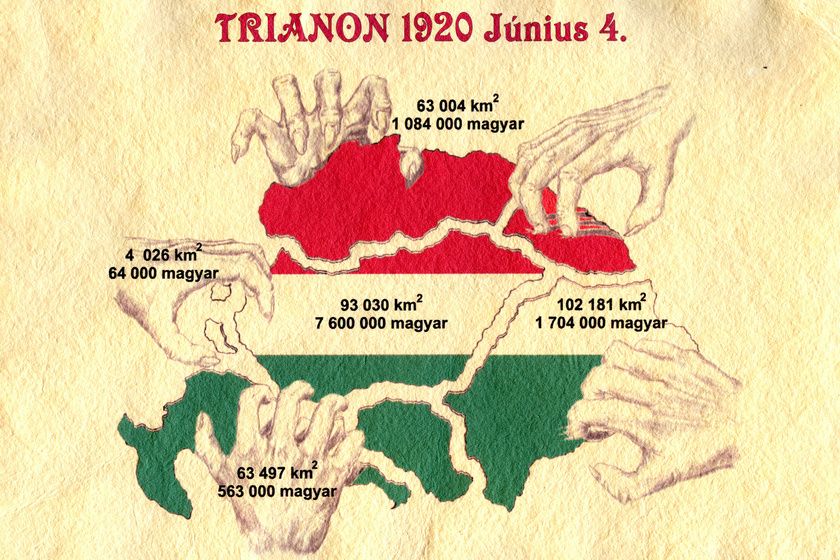those who live by, grew up by, or have family who did by a border, did you end up speaking the language of the other country?
-
-
Det virker som du har en veldig interessant bakgrunn, kan du fortelle mer om språkene du kan, hvordan du vokste opp, hva forholdet ditt er til disse forskjellige språkene? Jeg er også nysgjerrig om språkdynamikken der du bor, mtp portugisisk og spansk og engelsk osv, og forholdene mellom disse.
-
I lived in an area that had more or less migrant workers depending on season. I did pick up some of the language as a kid, because I had friends who were part of that population, but honestly I can't speak it now. Sometimes I can pick out the general meaning if I read it, but not often enough to be confident in my understanding.
-
oh sure! i’ll say in english for everyone who wants to read.
my dad is from peru but of cuban descent (peruvian from dad, cuban-peruvian from his mom). naturally, both his parents spoke spanish and lived in a spanish-speaking country, so dad grew up speaking spanish.
however, he lived near the peru-brazil border, where he learned portuguese from portuguese speakers he saw. (my dad’s family mostly only speaks spanish though or spanish and english)
at around ten i think, he came to the us and started to learn english.
my mom is an american of polish descent, polish is her second language when her family started teaching it to her as a young girl. (but her dad either knows spanish and didn’t teach her or doesn’t know it as a latino.)
i use spanish mainly at home, with paternal family, and with my spanish-speaking friends. english with most people because it’s a widely spoken language online and in the us, and portuguese with my dad and brazilian online people.
-
-
-
I know that “Araf” means “Slow” in Welsh due to the road markings.
-
I didn't pick up the language of the country I grew up in, just the neighboring one's. Have you ever heard of Trianon?

-
-
Nettopp, nettopp. Jeg tror dette er vanlig for de fleste flerspråklige men blir ofte mer intenst for neurodivergente.
-
ohhh, makes sense. i meant for example, if a polish person who lived by the polish-german border ended up learning german to communicate with germans or not.
-
-
-
I grew up along the border with Idaho and still can't understand them 20 or so years later.
-
i get it now

-
adding to this very good answer:
especially in Europe legal, cultural and language borders can differ quite a bit due to history and geography.
I'm from South Tyrol, an italian province at the Austrian border. The majority of people there speak a german dialect, we have german schools, public administration and everything, but are a language minority in Italy. The historic explanation is that after WW1 this region became part of Italy, taken fron Austria-Hungary.Further there is a third official language in South Tyrol, basically only spoken in two valleys anymore, the "Ladin". It's a very old language, related to similar language island in adjacent italian provinces and Switzerland. Those languages basically just preserved themselves for geographic reasons (hard accessible valleys and mountains). for this reason those languages tend to differ already between to neighbouring valleys. I was tought, that most of South Tyrol spoke Ladin at some point, but after the Swiss turned Calvinistic, the catholic (and austrian) bishop of the region forced the south-tyroleans to speak german to distance them from the heretic Swiss.^^
During WW2 the fascists in Italy forced South Tyrol to speak italian and forbade everything german, including local, personal and family names; one reson certainly was to enforce this ideology of "one nation, one culture, one people".
Returning to OPs question: In South Tyrol there are german schools, where you learn italian and english as mandatory second languages, analogously for italian schools. Both languages are valid for any official entity (in theory). In the valleys mentiined above, they also have ladin schools.
-
Hvilket språk kan du?
-
Oh, jeg så at du er nederlandsk
 Hoe gaat het dan met je
Hoe gaat het dan met je -
Belgian here, let's be honest, Belgium is an edge case, with Switzerland and Luxembourg being the few multilingual countries in Western Europe.
Germans, French, Dutch, Italians and Spanish living next to a borders would definitely encounter the situation described in the OP.
-
Alles goed
 ja, ik kom uit Nederland
ja, ik kom uit Nederland


